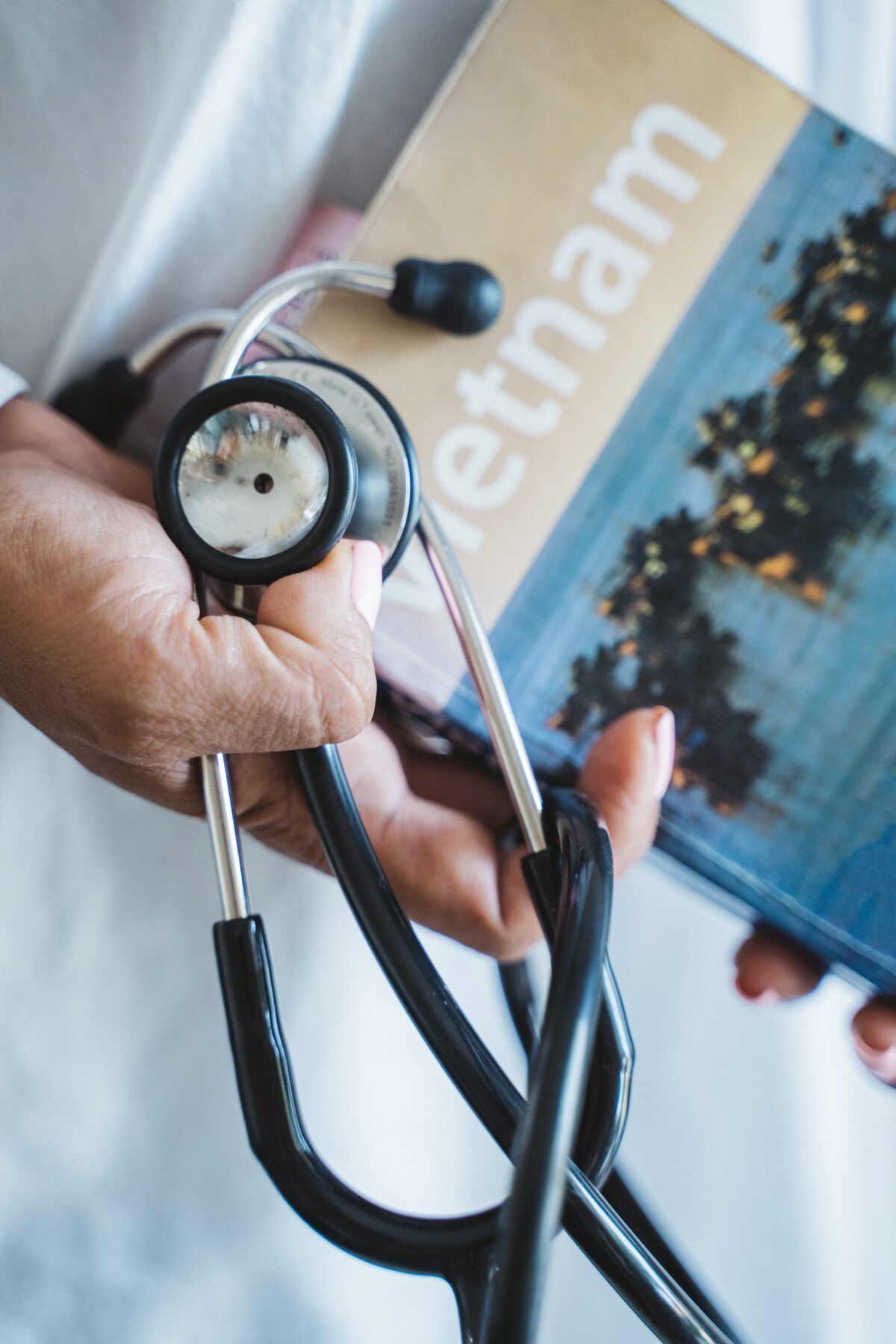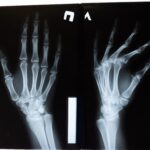Can I Take My Blood Pressure Medication Only When Dizzy?

High blood pressure is often referred to as “the silent killer,” because, in many instances, it has no symptoms, or symptoms are so subtle that people don’t link them to blood pressure problems.
Despite this fact, some people may wonder if they can just take blood pressure medication when they have symptoms like dizziness. The answer is that even when you’re not feeling any obvious symptoms of high blood pressure, you still need to take your blood pressure medication. Learn why below.
Why You Can’t Just Take Medication When You’re Feeling Dizzy
High blood pressure often doesn’t come with obvious symptoms. If you do have high blood pressure, you might occasionally have symptoms like headaches or shortness of breath. Some people may also find that they notice they are dizzy when their blood pressure reaches an unsafe level.
On the other hand, some people have no symptoms at all. This means it is entirely possible for your blood pressure to be dangerously high, even if you don’t have symptoms like headaches or dizziness. The problem with only taking your blood pressure medication when you’re dizzy is that you may also have high blood pressure at times when you don’t have symptoms.
Beyond the fact that you don’t always have symptoms of high blood pressure, you must also consider that blood pressure medications work best when you take them following your doctor’s orders. Your doctor will likely give you instructions, such as taking your blood pressure medication once every morning, and it’s important to follow these instructions. Blood pressure medications are intended to be taken as prescribed instead of on an as-needed basis.
Stopping your blood pressure medications can be dangerous because high blood pressure is linked to numerous health problems, including heart attacks, strokes, heart failure, aneurysms, and kidney problems. Continuing to take your medications as prescribed reduces your risk of these complications.
When Blood Pressure Medication is Needed
Symptoms like dizziness aren’t a good indicator of when you’re in need of blood pressure medication, and since high blood pressure often comes without symptoms, you cannot rely upon waiting until you’re dizzy or showing other symptoms to take action. Not to mention, dizziness can sometimes be a sign of other health issues.
Follow your doctor’s recommendations instead of waiting until you’re dizzy to take blood pressure medication. If you notice unusual symptoms and have a history of high blood pressure in your family, it might be time to consider visiting the doctor to determine if your blood pressure levels are high.
Even if you don’t have symptoms, it’s important to have routine doctor’s visits to screen for blood pressure and other health indicators. If your blood pressure is higher than 130/80, your doctor might recommend that you start blood pressure medications. Sometimes, high blood pressure can be treated through lifestyle changes like getting more exercise and altering your diet. If your blood pressure is slightly elevated, your doctor may see if lifestyle changes lower your numbers before prescribing a medication.
That being said, if your blood pressure reaches 140/90 or higher, your doctor is likely to prescribe medications to lower your blood pressure. In this case, it’s important to take your medications exactly as your doctor prescribes them. You will probably need to take them daily, at the same time each day. If you have questions about your dosage, ask your pharmacist or doctor to ensure you are taking the correct dose at the correct times.
Do not stop taking your blood pressure medication without first talking to your doctor. Even if you don’t have symptoms, you must continue to take your medication as prescribed to avoid the dangers that come with untreated high blood pressure.
Side Effects of Blood Pressure Medication
If your doctor has prescribed blood pressure medication, it is because they believe that the medication will benefit you. They also expect that any side effects of the medication will be outweighed by the benefits that it brings to you.
When taking medications to control blood pressure, you might experience some of the following side effects:
- Stomach problems
- Headaches
- Dizziness
- Swelling of the legs and feet
There are multiple different blood pressure medications on the market, and your doctor will work with you to find the one that treats your high blood pressure with the fewest side effects. If you experience severe side effects, consult with your doctor, but do not stop taking your medications without speaking with your doctor.
How To Take Blood Pressure Medication
To summarize, you should follow the steps below to ensure you get the greatest benefit from your blood pressure medication:
- Take the medication exactly as prescribed by your doctor.
- Take your medication in the correct dosage and at the correct time each day.
- Do not stop taking your medication unless you have consulted with your doctor.
- Take your medication regularly, as blood pressure medications are not intended to be taken “as needed.”
- If you miss a dose, get back on track the next day.
- Consider setting a reminder on your phone to take your medication if you are prone to forgetting.
- Ask your doctor or pharmacist if you have any questions about how to take your blood pressure medication.
The Bottom Line
Blood pressure medications should be taken exactly as your doctor prescribes and routinely. This means that you cannot just take your medication when you happen to feel dizzy. Sometimes, your blood pressure numbers may be elevated with no obvious symptoms or signs. This makes it critical that you continue to take your medications to keep blood pressure levels under control.
Sources:
- https://www.mayoclinichealthsystem.org/hometown-health/speaking-of-health/high-blood-pressure-the-silent-killer#:~:text=High%20blood%20pressure%20is%20often,attack%2C%20heart%20failure%20and%20stroke.
- https://www.mayoclinic.org/diseases-conditions/high-blood-pressure/symptoms-causes/syc-20373410
- https://www.webmd.com/hypertension-high-blood-pressure/how-take-blood-pressure-medicine-properly-why-you-should
- https://www.mayoclinic.org/diseases-conditions/high-blood-pressure/symptoms-causes/syc-20373410#:~:text=High%20blood%20pressure%20can%20cause,it%20can%20be%20life%2Dthreatening.
- https://www.webmd.com/hypertension-high-blood-pressure/how-know-need-high-blood-pressure-drugs
- https://www.cdc.gov/bloodpressure/medicines.htm




